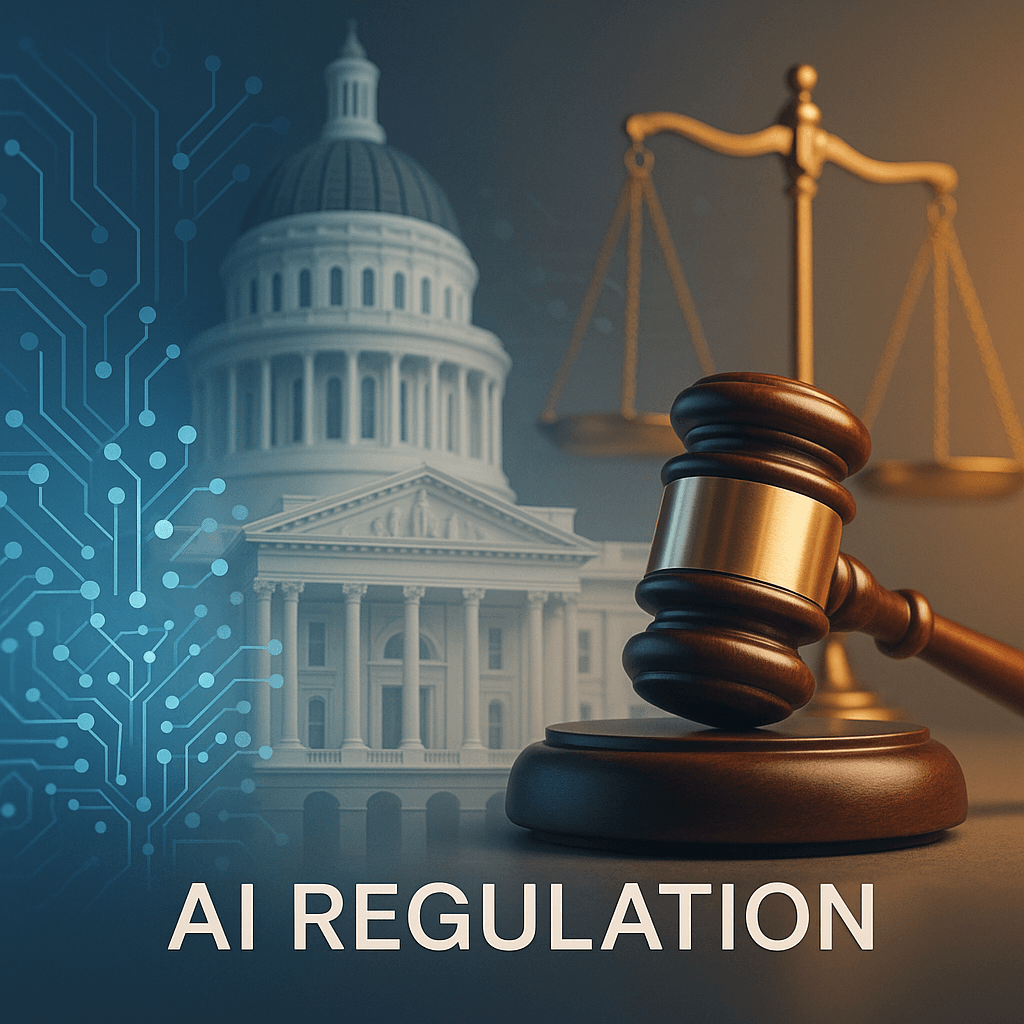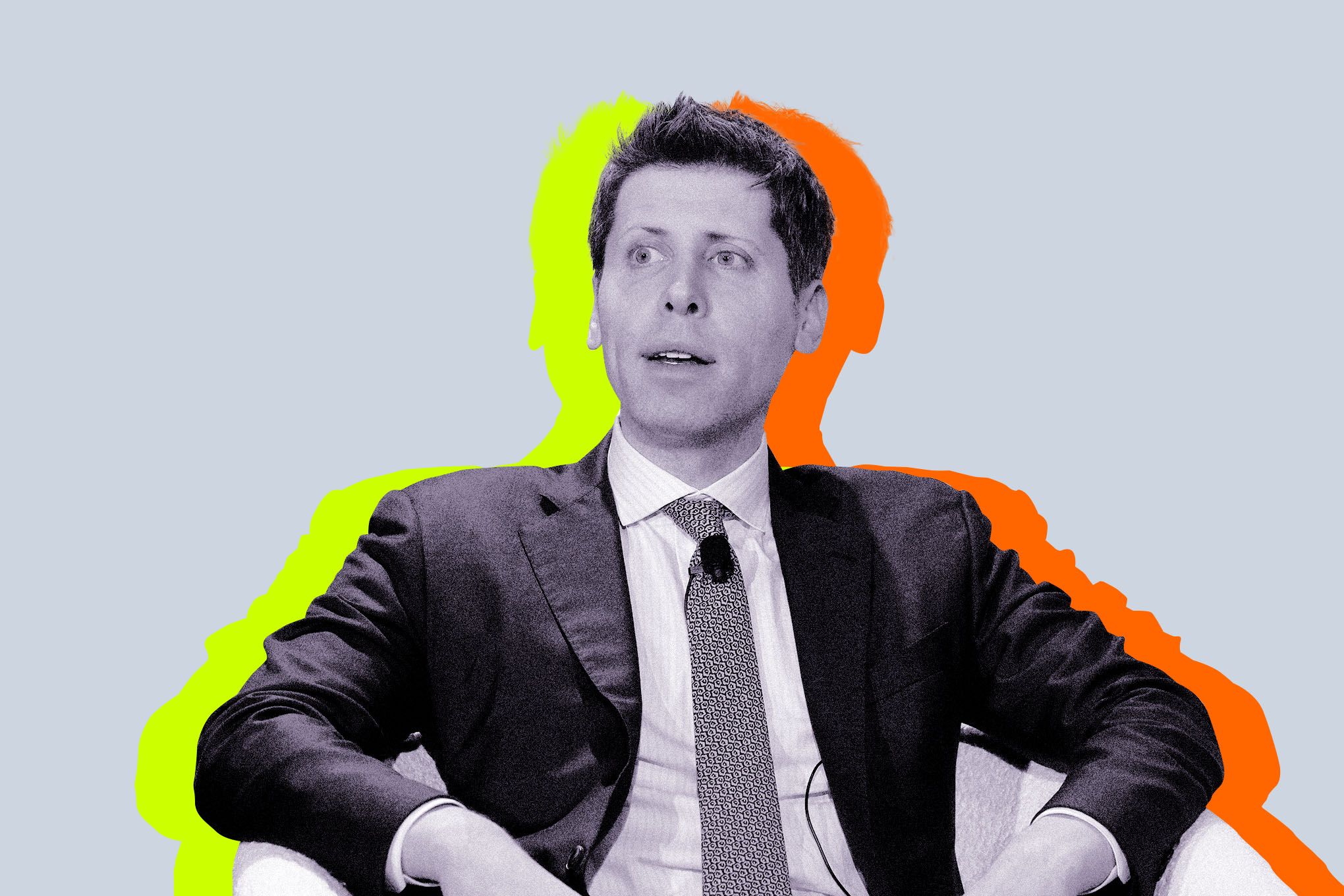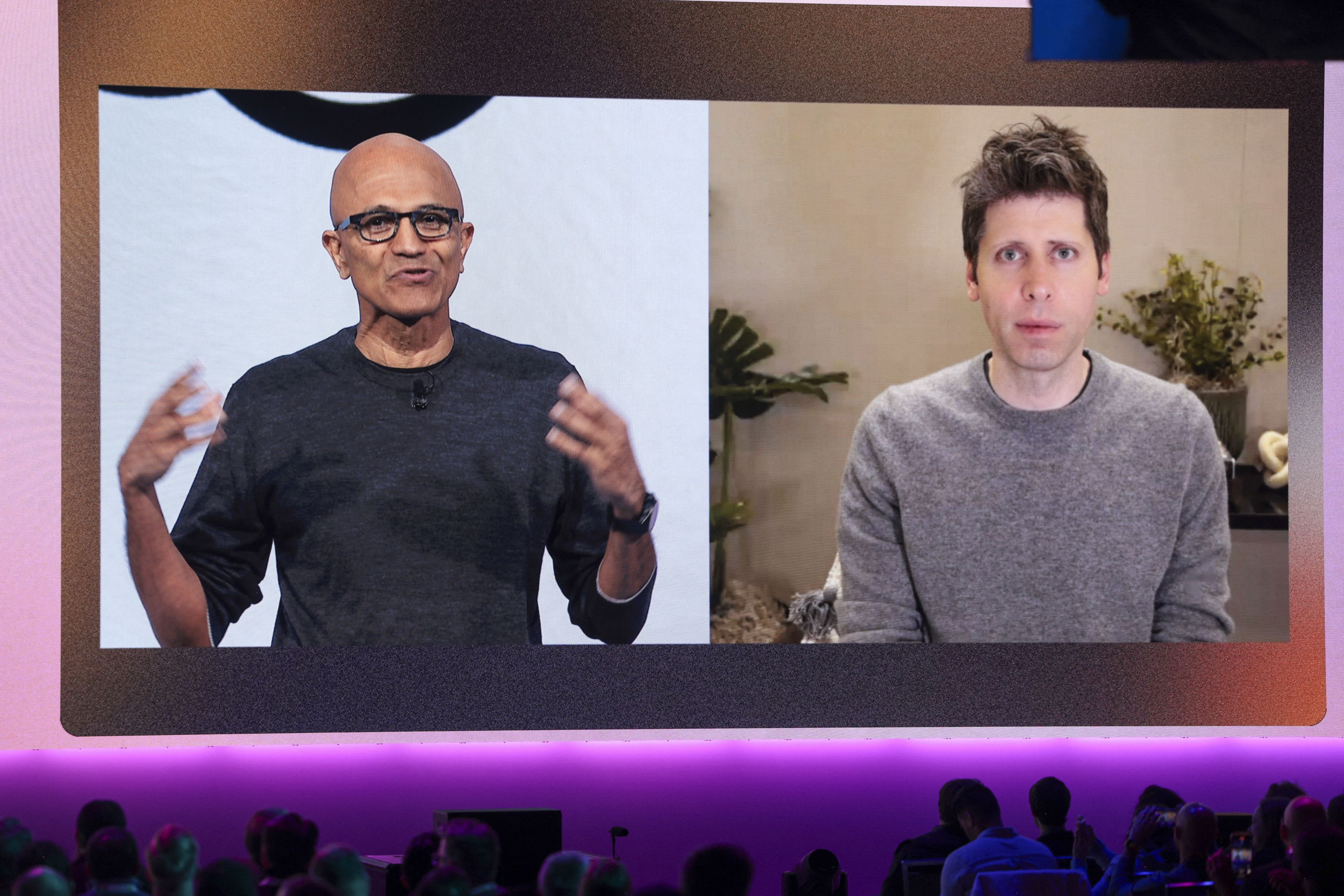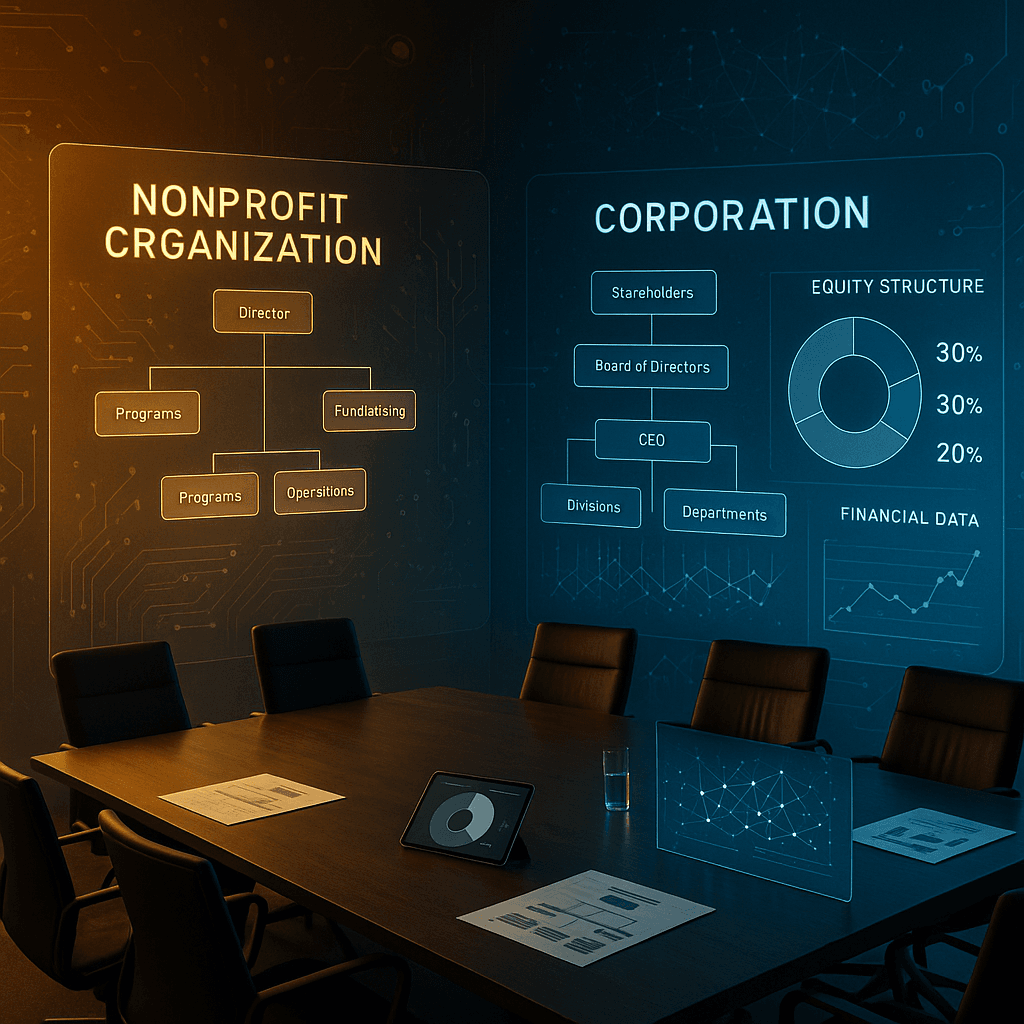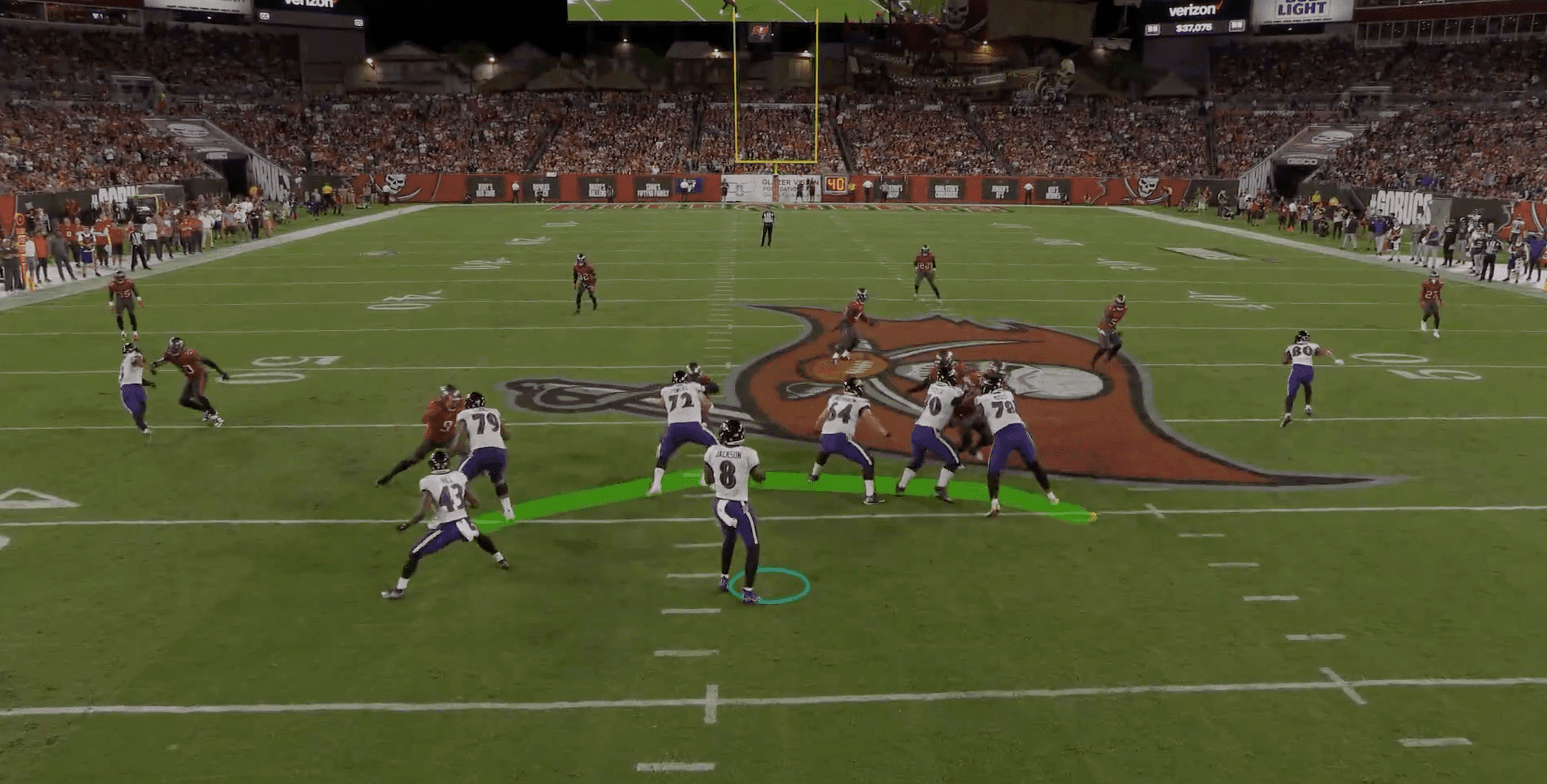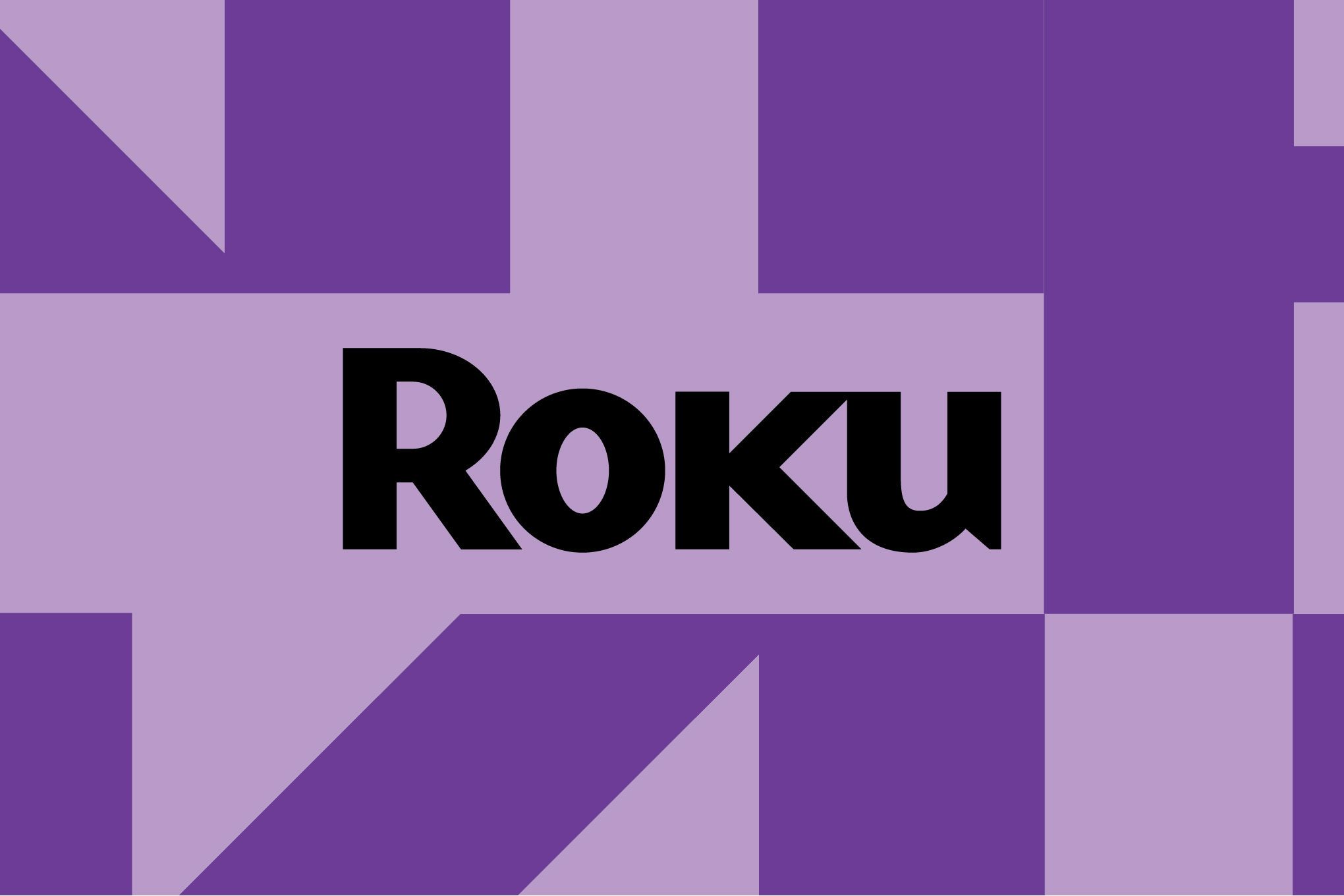California's state senate just passed SB 53, a landmark AI safety bill requiring transparency from major AI companies. But Governor Gavin Newsom, who vetoed similar legislation last year, holds the key to whether this becomes the nation's most significant AI regulation. The bill now heads to his desk with the tech industry split on its merits.
California just took a major step toward regulating artificial intelligence, but the tech industry's biggest test still lies ahead. The state senate passed SB 53 early Saturday morning, sending what could become America's most comprehensive AI safety law straight to Governor Gavin Newsom's desk.
The legislation, authored by state senator Scott Wiener, requires large AI companies to disclose their safety protocols, creates whistleblower protections for employees, and establishes CalCompute - a public cloud system to expand compute access. It's a more targeted approach than Wiener's previous attempt, which Newsom vetoed last year for being too broad.
This time, Wiener crafted the bill around recommendations from an AI policy panel that Newsom himself convened after his veto. The new version includes a crucial revenue threshold: companies making over $500 million annually must provide detailed safety reports, while smaller frontier AI developers only need to disclose high-level safety information.
OpenAI has pushed back against state-level regulation entirely. In a recent letter to Newsom, the company argued that firms meeting federal or European standards should automatically comply with California rules to avoid "duplication and inconsistencies." It's a familiar playbook - the same one tech companies used to resist early privacy laws.
But the AI industry isn't united on this fight. Anthropic broke ranks to support SB 53, with co-founder Jack Clark stating: "We have long said we would prefer a federal standard. But in the absence of that this creates a solid blueprint for AI governance that cannot be ignored."
The split reflects deeper tensions about where AI regulation should come from. Venture capital giant Andreessen Horowitz has been particularly vocal, with its legal team arguing that state AI bills violate constitutional limits on interstate commerce regulation. The firm's opposition to tech regulation even influenced its decision to back Donald Trump's presidential campaign, with Trump allies subsequently calling for a 10-year ban on state AI regulation.
Newsom now faces the same choice that defined his legacy on tech policy last year. When he vetoed Wiener's previous bill, he acknowledged the need to protect the public from AI risks but criticized applying "stringent standards" to models regardless of their deployment context. SB 53 attempts to address exactly that concern with its tiered approach based on company size and revenue.
